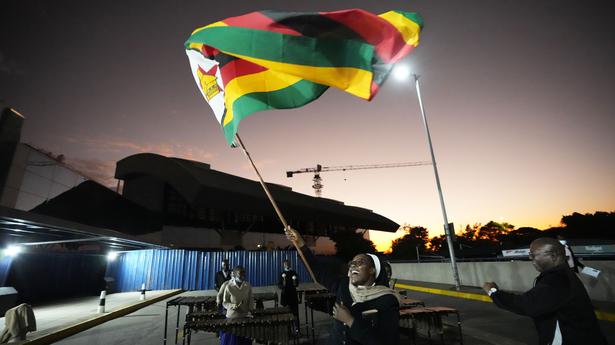
As online hate speech hits Africa, social media firms told to act
The Hindu
Zimbabweans are being targeted by hate speech across Africa, as Kenya’s 2022 general elections draw near
Social media used to be a source of light entertainment for Nora, a 47-year-old Zimbabwean domestic worker living in South Africa. But lately, it has become a source of fear.
As she scrolls through her Facebook, Twitter, and WhatsApp, she finds posts blaming Zimbabweans for everything from crime and drug rings to corruption - the kind of xenophobic hate speech she worries could fuel violent attacks against migrants.
(Sign up to our Technology newsletter, Today’s Cache, for insights on emerging themes at the intersection of technology, business and policy. Click here to subscribe for free.)
“People write that we should go home, that this is not our country, that we are bringing crime ... the messages spread so fast,” said Ms. Nora, who asked to use a pseudonym to protect her identity.
“These messages can lead to violence,” she told the Thomson Reuters Foundation as she ironed clothes in her employer’s home in Johannesburg.
Ms. Nora is one of an estimated 180,000 Zimbabweans living in South Africa on Zimbabwean Extension Permits (ZEP) that are set to expire at the end of the year, after the government said last year they would not be renewed again.
Earlier permits were first rolled out in 2009 to help regularise the status of asylum seekers, refugees, and migrants who had fled economic and political turmoil in Zimbabwe, giving them the right to live, work, and study in wealthier South Africa.













